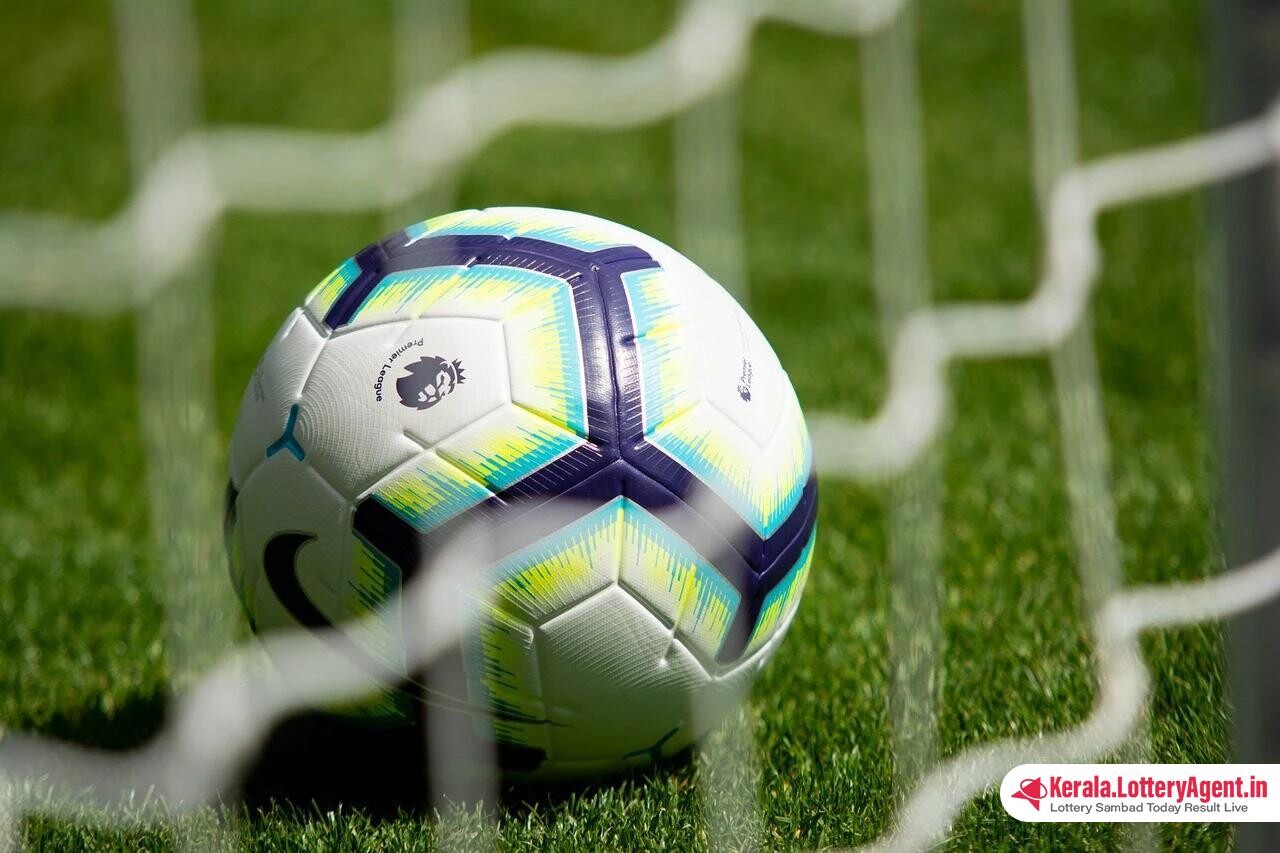
Sweden is at the brink of making a substantial legislative pivot to empower its war against sports corruption with a memorandum that can potentially change the game for licensed gambling operators and regulatory bodies. If the Swedish government nods in agreement, this proposition would significantly alter chapter 17, section 8 of the nation’s Gaming Act. It specifically targets the processing of personal data by these operators when the specter of match-fixing rears its head.
The crux of the proposed amendments allows licensed gambling entities to handle personal data of players when suspicions of match-fixing arise. The breadth of information exchange would also expand, paving the way for seamless cooperation between Spelinspektionen – Sweden’s gambling regulator – licensees, and sports associations under the shadow of match-fixing concerns.
Meshed within the legal framework, the memorandum illuminates criteria for processing a player’s personal data. It draws lines around its application, focusing on its use to determine the particulars of the sporting event potentially tainted by match-fixing and evaluating the suspected influence the match-fixing might have exerted. Data processing, as detailed by the memorandum, becomes permissible when deemed necessary for probing monetary games to sniff out cheating, fraud, and other illicit activities. This extends to supervising and reporting atypical play patterns and suspicions around the manipulation of sports results with an eye on betting activities.
Take for example individual sports events, where pinpointing the event under suspicion turns vital. The memorandum cites, “An example of this is if the suspicions concern a singles match in tennis and deviant play is noted on the number of double faults for one of the athletes,” necessitating the sharing of names attached to the event.
This critical amendment is slated for potential enforcement starting from 1 December 2024, offering a glimmer of hope that Sweden’s relentless fight against match-fixing could receive a much-needed shot in the arm.
Sweden has had its fair share of match-fixing scandals. In 2021, the Swedish Football Association banned four players for up to seven years, affirming a no-nonsense approach to betting and match-fixing within the sport. On a broader canvas, Sweden also agreed last October to join the Macolin Convention, a European treaty on match-fixing that charges authorities with the task of cooperating with operators and betting trade organizations to thwart the menace of match-fixing.
Svenska Spel, the state-owned operator, has been a vocal participant in the debate around match-fixing measures, initially dissenting against Spelinspektionen’s anti-match-fixing suggestions in 2020 as being insufficient. Nevertheless, by April 2023, Svenska Spel’s stance evolved, endorsing Sweden’s signing of the Council of Europe’s convention against the malpractice.
As the industry digests the breadth of the memorandum, reactions are being funneled to Sweden’s Ministry of Finance. The initial reception from sections of the industry is tinted with optimism. Gustaf Hoffstedt, the secretary-general of the Swedish online gambling trade body Branschföreningen för Onlinespel (BOS), commended the government’s move to dissolve the barricades imposed by GDPR and other privacy laws. These laws, until now, hampered sports associations and betting companies from banding together against match-fixing through the free exchange of information about individuals suspected of the crime.
Hoffstedt projected that a rise in the sharing of intelligence would build upon the progress Sweden has already begun to see in recent years in the anti-match-fixing crusade. “An enhanced opportunity for information exchange between betting companies and sports federations further strengthens the fight against match-fixing,” he concluded, voicing the industry’s anticipation for a new chapter in safeguarding sports integrity.












